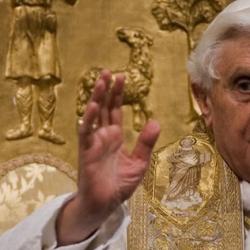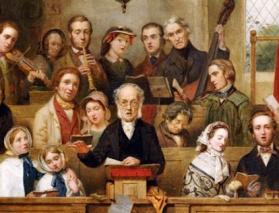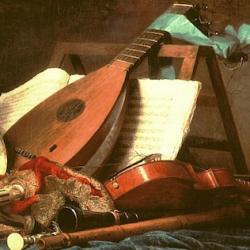In his Teaching Company tapes on Bach and the Baroque (recommended), Robert Greenberg suggests an historical sequence that accounts for the development of German music:
Music for singing, which in the period was largely church music, must take account of the language in which the music is sung.
German is punchy and sharp, with abrupt vowels – quite unlike the languid, liquid, langorous phrasings of the Romance language.
In Germany, Protestant church composers composed for German singing rather than for Latin, and that meant that the music took on a “Germanic” feel.
Choral and other church melodies shaped the melodic sensibilities of German composers, even when they were not writing for the church.
Hence, without the Reformation, no vernacular singing in church; without vernacular singing, no melodies like these melodies; without melodies like these melodies, the German musical tradition would have been very different. But for Luther, no Bach – but also no Beethoven.















